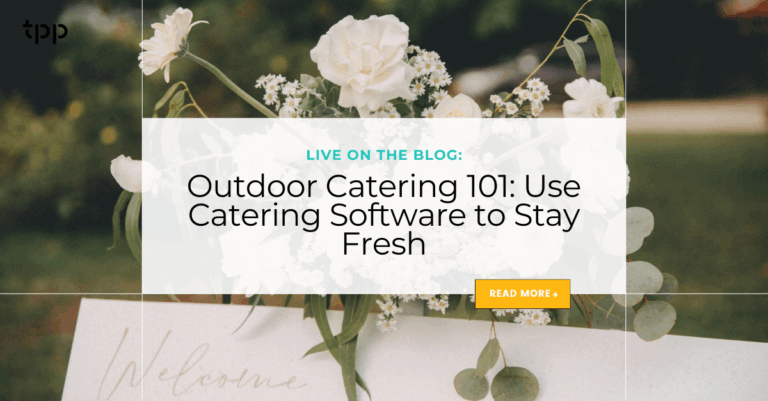
Why Summer Events Need the Right Event Management Software
Why Summer Events Need the Right Event Management Software Summer is prime time for events. The warm months are a busy time for catering and event planning. Many events, like backyard BBQs, company picnics, and fancy outdoor weddings, take place.





